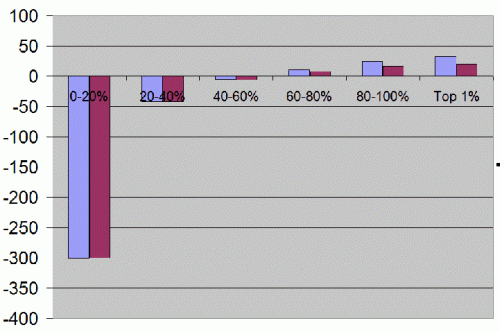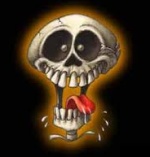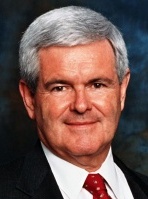First Brad Delong claimed that we can’t know things by pure reason. In response, I offered a counterexample:
The ratio of the circumference of a (euclidean) circle to its radius is greater than 6.28 but less than 6.29
Now Delong attempts to “refute” this counterexample by observing that it doesnt tell us anything about neutron stars (!!!). Leave aside the fact that it actually does tell us quite a bit about neutron stars (the circumference-to-radius ratio for a neutron star is not equal to 2π, but you’d still be hard pressed to compute its value if you didn’t know what π was). The larger point is that knowledge doesn’t have to be about neutron stars to be knowledge. It can be knowledge about, oh, say, euclidean circles.
Of course, as DeLong rightly observes, “we reason like jumped-up monkeys using error-prone Humean heuristics on brains evolved to improve our reproductive fitness”. And of course it is equally true that we perceive like jumped-up monkeys using error-prone sensory apparatus evolved to improve our reproductive fitness. Yet DeLong appears to acknowledge that our perceptions are sometimes informative. (I use the word “appears” because, true to form, DeLong prefers hissing and stamping his feet to actually spelling out an argument.) Why, then, should reason be more suspect than perception? DeLong isn’t in the mood to tell us.
















